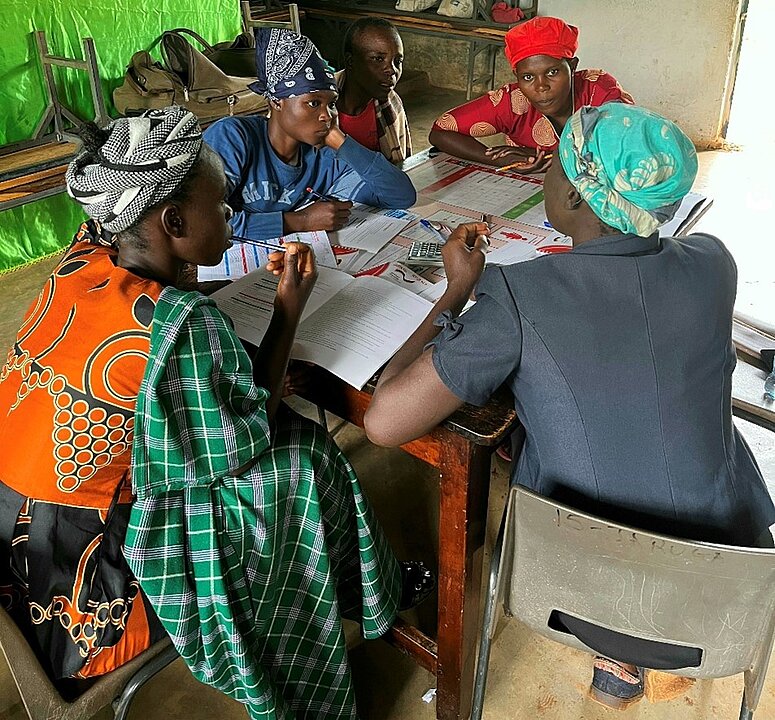Introduction
In Kenya, the need for enhanced financial literacy has led to innovative solutions such as the Wanji Game. Originally launched in 2021, this unique voice-controlled narrative audio game aimed to address the financial literacy gap in rural and semi-urban areas, reaching thousands of Kenyan microfinance clients. Today, we explore the reawakening of the Wanji Game in light of new data from 2023 and its potential to empower even more individuals on their journey to financial independence.
Building on the Achievements of 2021
In 2021, the Wanji Game made significant strides in improving financial literacy, particularly in rural and semi-urban areas. The game provided an accessible and engaging platform for microfinance clients to enhance their understanding of financial concepts. In the pilot phase, the game was made available to clients of five microfinance institutions via AMFI-K and reached 4,619 clients of the selected MFIs. This significantly exceeded the original target of 3,000 participants, showcasing its effectiveness in reaching the intended audience.
The Potential of the Future
Fast forward to 2023, and a recent survey of past training participants, not limited to Wanji Game participants, has unveiled promising trends. A remarkable 91% of respondents expressed the transformative power of digital methods in financial literacy training. These individuals underscored the growing importance of self-paced learning from the comfort of their own homes. They highlighted the flexibility and convenience of digital learning, aligning seamlessly with their daily routines.
Addressing the Digital Education Gap
The survey also revealed that 91% of the participants had no prior experience with digital education, indicating a wider gap in digital education access. Factors contributing to this gap include the limited availability of alternative educational providers, a lack of awareness, and a basic lack of understanding regarding digital education opportunities. These findings emphasize the pressing need for increased accessibility and awareness in the digital education landscape, particularly in rural and semi-urban areas.
Embracing Digital Transformation
In 2023, 89% of the participants expressed a high likelihood of actively participating in digital financial literacy training from the convenience of their homes using their mobile phones. These individuals, despite their initial lack of experience, conveyed unwavering confidence in their technical proficiency. They asserted their possession of the necessary skills to navigate digital learning platforms with ease, free from technical challenges.
Seamless Integration
What sets these respondents apart is their commitment to seamlessly integrating learning into their daily routines. They recognize that digital financial literacy training is not a disruption but a valuable addition to their lives, offering the opportunity to gain knowledge while tending to their businesses and family commitments, a vital element in their pursuit of financial security.
Conclusion
The reawakening of the Wanji Game in the context of the new 2023 survey data builds on the achievements of 2021, offering promising potential for the future. The game's initial successes laid the foundation for an even broader impact. As Kenya continues to pave the way for innovative financial education, the Wanji Game stands at the forefront of change, touching the lives of countless individuals and empowering them to shape their financial futures. The journey from 2021 to the future showcases the transformative power of digital education and the commitment of Kenyan microfinance clients to enhance their financial literacy from the comfort of their own homes.

